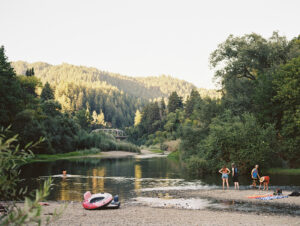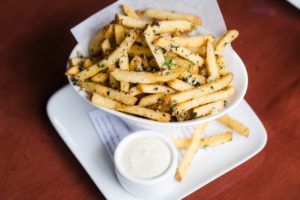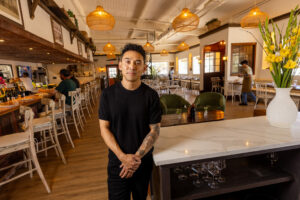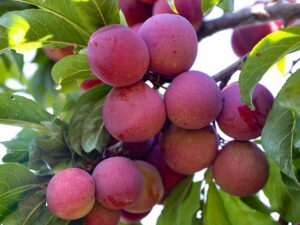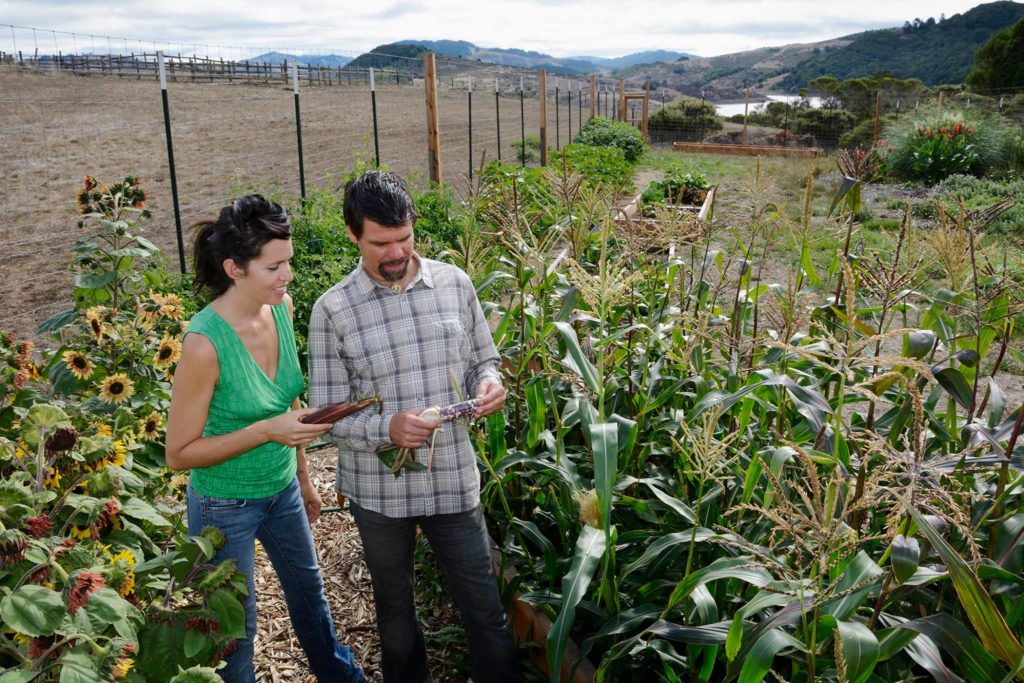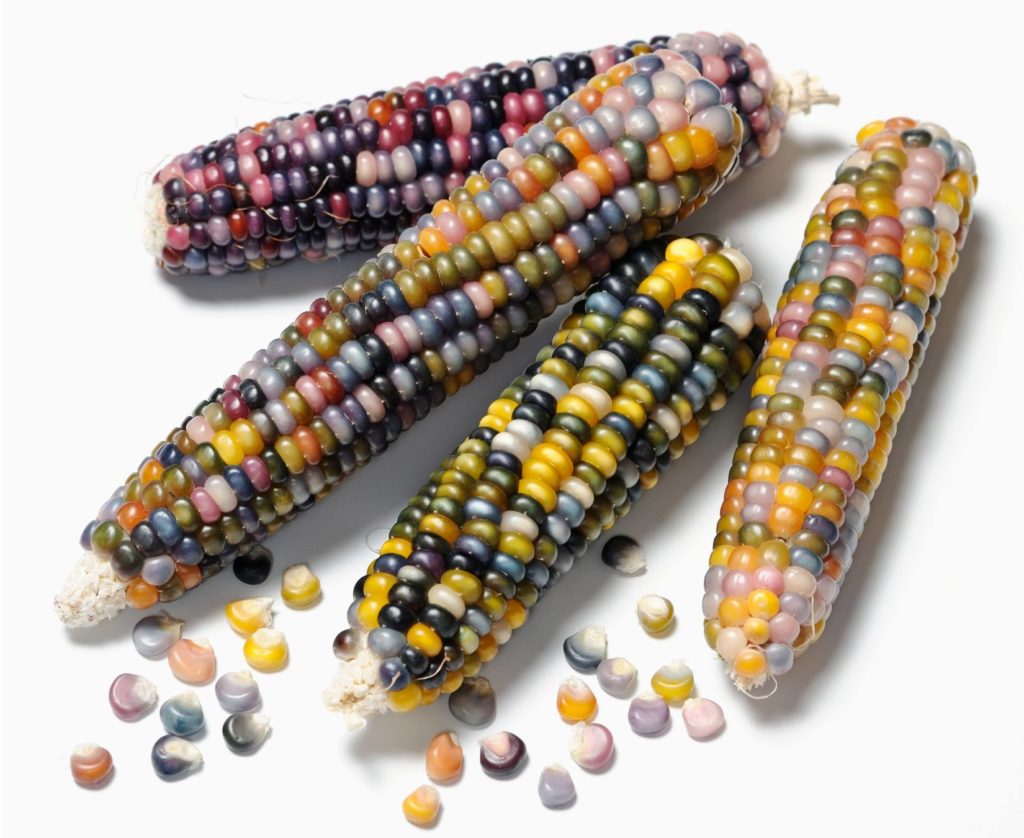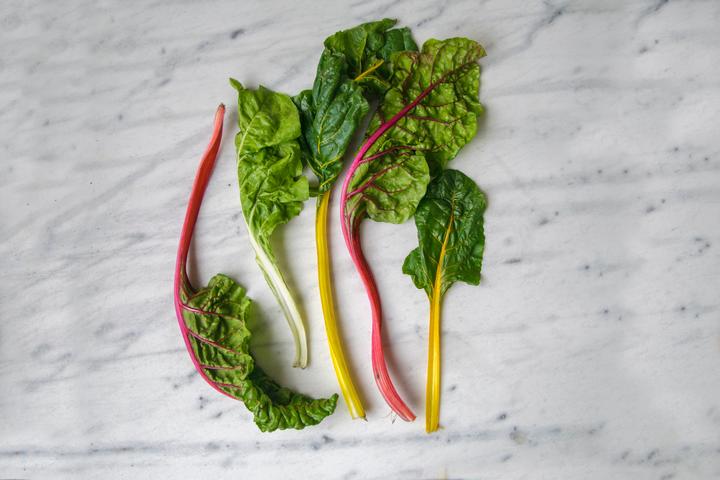Astrid Hoffman first became interested in growing her own food while working as an interior designer in Los Angeles. She discovered a community garden between her home and workplace in Santa Monica and, after she got access to a plot for cultivation, she planted Fava beans and tended to her treasured plants on work breaks — often watering them in stiletto heels.
Disillusioned by the interior design industry’s wastefulness, Hoffman eventually headed north to Sonoma State University to get her LEED certification in green design. She then met her husband, Matthew Hoffman,“a globetrotting puppeteer” who worked with renowned anthropologist Jane Goodall.
After the economic downturn of 2008 and a doubling down on the intention to live sustainably, the couple started The Living Seed Company, an heirloom seed supplier. Most of their seeds are sourced from the Hoffmans’ own garden and solarium in Point Reyes.
During the coronavirus pandemic, as most people are confined to their homes, gardening has quickly become a popular way to keep restless hands busy, connect with nature, and calm nerves. At a time when food supply chains are under threat, many also are turning back to the land to grown their own food, much as a previous generations tended to victory gardens during World War I and World War II.
March and April are typically busy months for the seed supplying business but the onset of the coronavirus pandemic and subsequent shelter-in-place orders have led to a dramatic increase in demand across the nation. The Hoffmans’ Living Seed Company has seen a 2,500-percent increase in sales.
As a result of this heightened demand, the Hoffmans initially struggled to fill orders but have now established a workflow and distancing practices that allow them and one employee to harvest, pack and ship seeds to stores and customers.
We asked Astrid for advice on how to make the most of our seeds and gardens.
Know your seeds and source them locally
First of all, you need to figure out what kinds of seeds will thrive within the conditions of your yard. Not all seeds perform well in all climates and circumstances. Even the most seasoned gardeners study their seeds, says Hoffman.
Locally sourced seeds are usually the best choice. Opt for small batch producers as they use processes that yield seeds with the best flavor and nutritional value. Unlike big box suppliers, their plants aren’t grown in crowded conditions and they select only the best seeds for sale and distribution.
It is important to carefully read, and follow, the instructions provided on seed packages. Other good sources for seed information are local gardening blogs and YouTube accounts that specifically discuss what kind of seeds work for them.
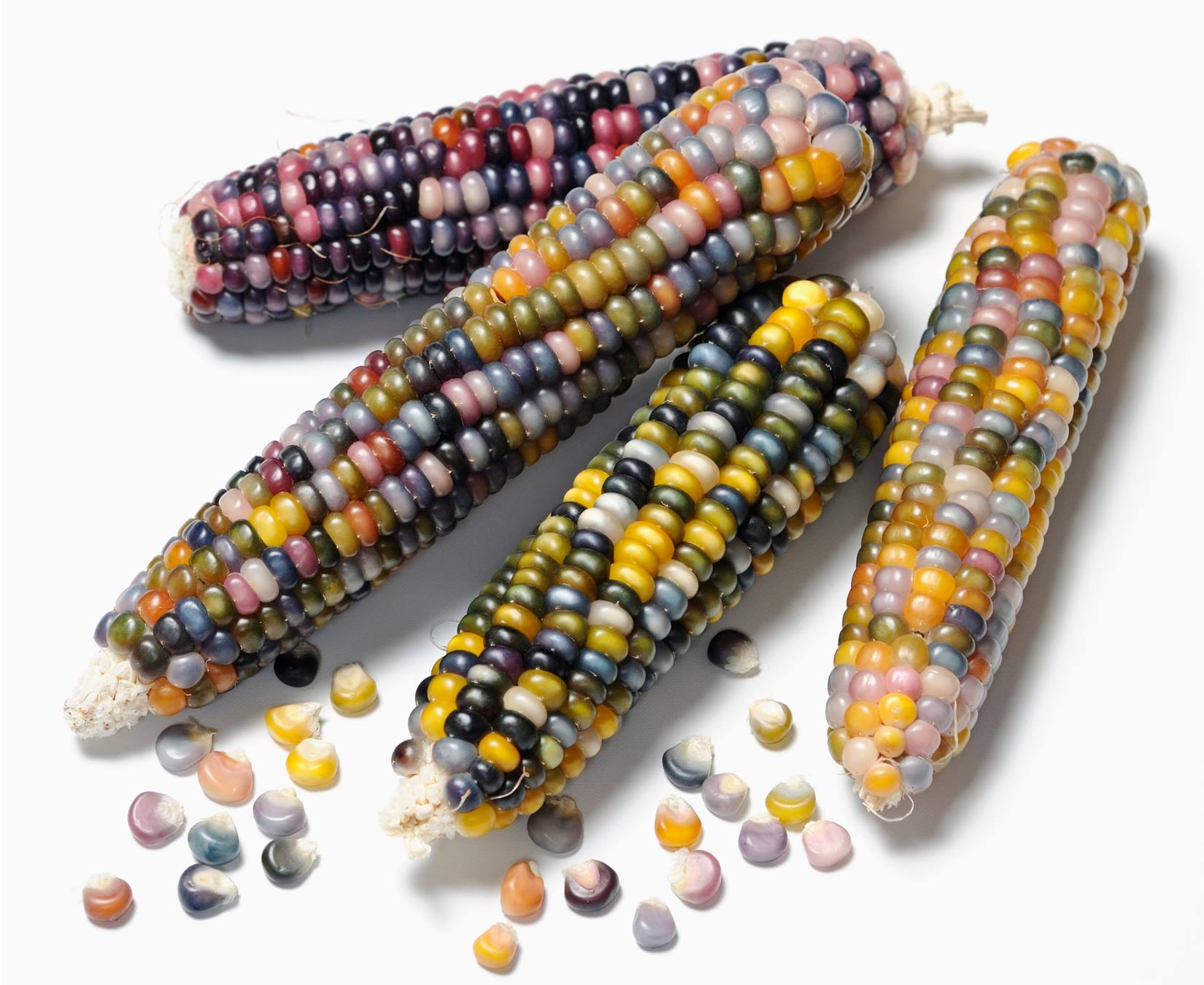
Start your seeds indoors
Some seeds—like carrots and beets—need to start directly in the ground, but many seeds benefit from getting their start indoors. Tomatoes and peppers, for example, need warm temperatures from the start. Hoffman recommends using a growing mat and dome as this will help keep the temperature at 80 to 85 degrees. Starting indoors also keeps birds from snacking on seeds.
Harden off your seedlings
Seeds need some time to acclimate from indoor to outdoor conditions. Seedlings should spend some daytime hours outside a few weeks prior to planting outdoors. This will give them the opportunity to adjust to sun and wind. The stems and overall plant structure will strengthen during the hardening off process. Sprouts should be brought in at night.
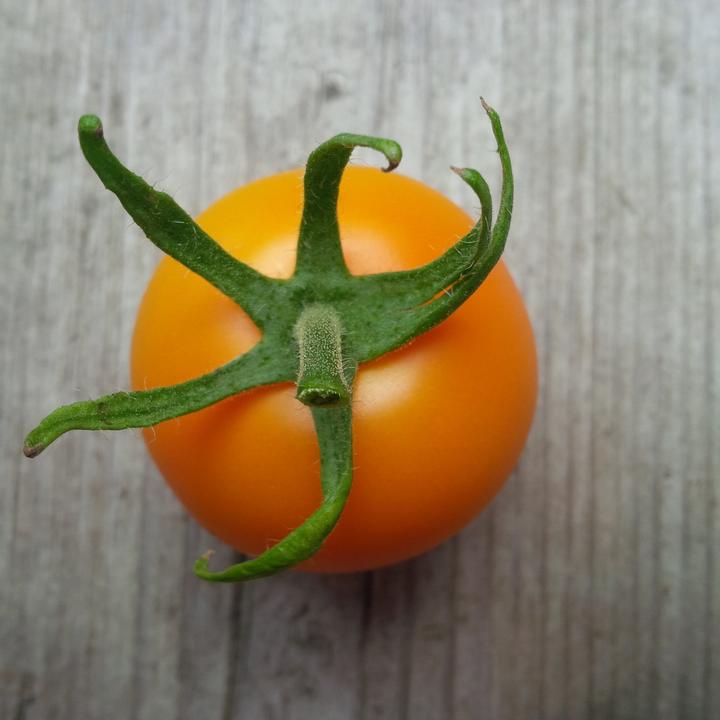
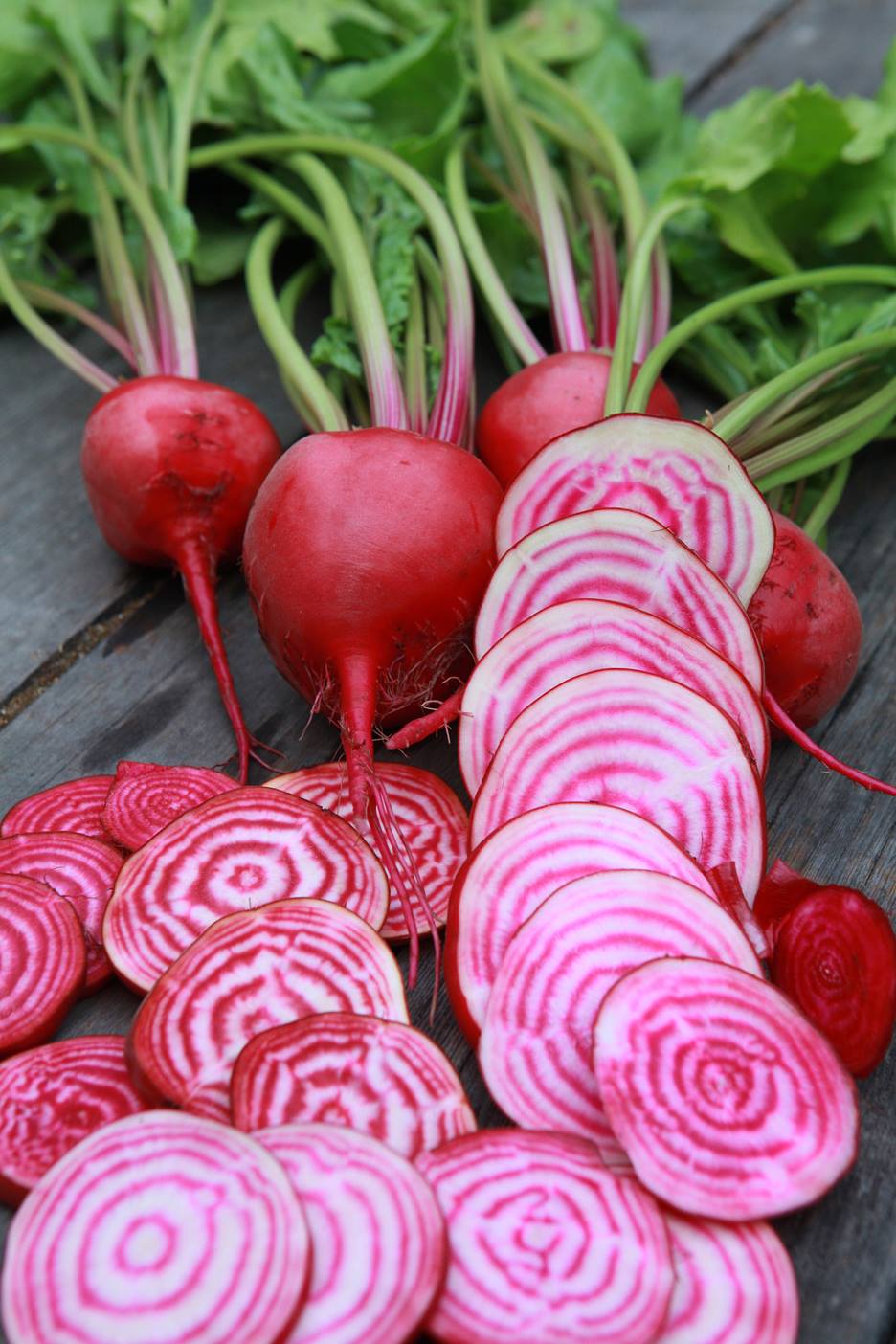
Keep soil moist
Having enough water is important so plants can put energy into thriving, not just surviving. Know when the soil runs dry. This will be impacted by the pot or environment in which you plant. Regular, even watering will serve them best. Hoffman adds that you should “tune into your plants as living, breathing beings” and “create an intuitive dialogue with your plant.” In other words, it’s important to make a point of knowing what your plant needs.
Dry farming is possible
If you’re planting in the ground and have a high water table “that you think your veggies can reach,” you can try dry farming, says Hoffman. “There’s nothing like the taste of dry farmed tomato,” she adds.
Plant in containers
If you’re short on outdoor space, container gardens are a great option. While compact, they offer the added benefit of being able to control the soil quality. You can add castors to a pot and move it according to the sun’s position. Stake your plants or provide trellises or wire cages to encourage growth upward.
Be creative with your containers
Containers can add texture, interest and dimension to your garden. Hoffman encourages people to get creative, green and whimsical by upcycling containers of all kinds. She mentions bathtubs, basins, cinder blocks, wheelbarrows and more. Just make sure there’s no old lead paint on the items. She doesn’t recommend plastic containers that can break down and cause chemicals to leach into the soil. Make sure there’s adequate drainage in your containers.
Keep annuals away from perennials
Those that plant in the ground should plant annuals away from perennials. When doing a seasonal clearing of annuals past their prime, you don’t want to inadvertently take away thriving perennials. Plant separately so seasonal plants can be removed easily.
Plant for success
You can’t make any plant—no matter how much you love it—work in any situation. It is best to learn what will work best for your garden’s circumstances — it is better to have a successful yield than a loss, so pick what will give the best rest results, especially if you’re a first time seed sower.
Learn more about how to take care of your seeds and garden on Astrid Hoffman’s blog, Seed to Home.
The Living Seed Company’s seeds are sold at the following locations: The Gardener, 1836 Fourth St., Berkeley, 707-431-1063, thegardener.com, Soiland, 2759 Llano Rd., Santa Rosa, 707-575-7275, grabandgosoil.com, Swede’s Feeds, 9140 Sonoma Highway, Kenwood, 707-833-5050, swedesfeeds.com, Made Local Marketplace, 529 4th Street, Santa Rosa, 707-583-7667, madelocalmarketplace.com, Harmony Farm and Supply, 3244 Gravenstein Hwy N., Sebastopol, 707-823-9125, harmonyfarm.com


